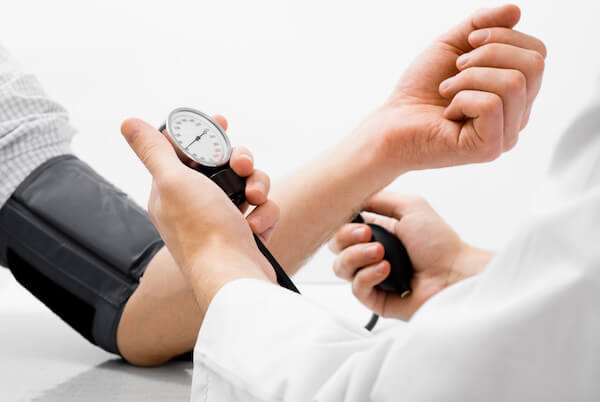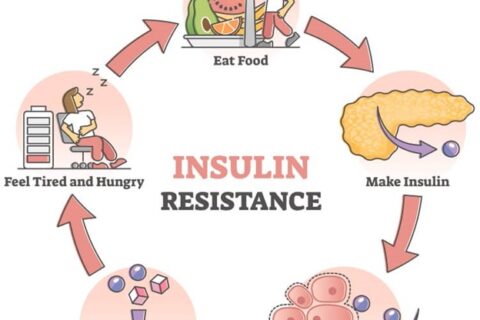Why You Should Keep an Eye on Your Blood Pressure
High blood pressure affects approximately one third of the adult population in the United States (29%) according to the Centers for Disease Control and Prevention (CDC) statistics. This condition isn’t just a concern of the oldest members of our society. Even very young children are at risk for developing blood pressure problems. Why is monitoring high blood pressure so important? Considering that elevated blood pressure increases the risk of suffering a major cardiac event and stroke, the first and third leading causes of death in our country, everyone should know their readings and take measures to keep their blood pressure as close to normal as possible.
Did You Know . . .
Hypertension Damages Internal Organs.
Sometimes there are no symptoms. The first sign of elevated blood pressure may be a heart attack or stroke. The medical community suggests monitoring your readings regularly since this disease could be silently attacking internal organs.
Left Untreated, the Condition Can Weaken or Harden the Arteries That Supply Our Kidneys With Vital Oxygen Supply.
Thirty-one million Americans have chronic kidney disease and 90% of those people at Stage 3, which is a moderate kidney dysfunction level, don’t even know they have a problem. Kidney’s operate kind of like a car. As long as there is gas in the tank, the vehicle keeps running. When the gas runs out…it stops. Kidneys need a healthy blood flow to survive, keep running. Starving the kidneys of oxygen may lead to permanent damage or failure.
Weak Arteries May Cause an Aneurysm Anywhere in the Body.
Over time, the constant pressure of blood flow through weak arteries may cause a bulge or engorgement that eventually ruptures, causing an internal bleed. This can happen in the heart, the brain or abdomen at any time, often without warning. A ruptured aneurysm is a life-threatening event, usually requiring surgery to remove or repair the damaged portion of an artery. When this happens in the brain, it causes a stroke.
There is a direct correlation between some types of dementia and uncontrolled blood pressure.
Vascular Dementia Is Caused by either Narrowing or Blockage of the Brain Arteries.
Limiting the oxygen supply produces symptoms that mimic stroke events. Some people experience difficulty speaking, problems recalling and forming new memories, vision impairment or loss and reduced mobility.
People With Chronic Illnesses, Including Diabetes and Heart Disease, Also Have High Blood Pressure.
Multiple conditions complicate treatment. Retinopathy, a condition that involves damaged blood vessels in the eye, can lead to blurry vision and total blindness. High blood pressure increases the risk of permanent damage, bleeding from the eyes and loss of sight.
Both Men and Women May Suffer From Sexual Dysfunction Associated With Elevated Blood Pressure.
Men report erection difficulties, primarily associated with a low blood flow to the sex organs. Women may experience vaginal dryness, decreased libido and fewer orgasms. Many of these side effects are greatly improved when blood pressure is well-controlled.
High Blood Pressure Slowly Destroys Vital Systems in the Body.
Over the course of several years, undiagnosed hypertension can lead to significant bone loss and may cause sleep apnea to develop or become worse. Emergency situations related to high blood pressure include sudden renal failure, fluid build up in the lungs, preeclampsia during pregnancy and the sudden onset of cognitive problems.
Keeping an Eye on Your Blood Pressure Is the First Step in Preventing or Managing Chronic Health Conditions.
Monitoring readings can help doctors and their patients spot potential problems before they turn into life-threatening events. A sudden change in blood pressure should be evaluated promptly by a medical professional.
Since high blood pressure can silently attack your organs and systems for years without any noticeable symptoms, people should discuss family history and risks with their doctor. The only way to know if your blood pressure is within a normal range for your age, overall health and fitness level, is to check it and check it often. It is important to know your risks and create a plan to protect your body from the ravages of uncontrolled hypertension. Call us today to schedule an appointment to discuss your preventative health care strategy.














































































































































